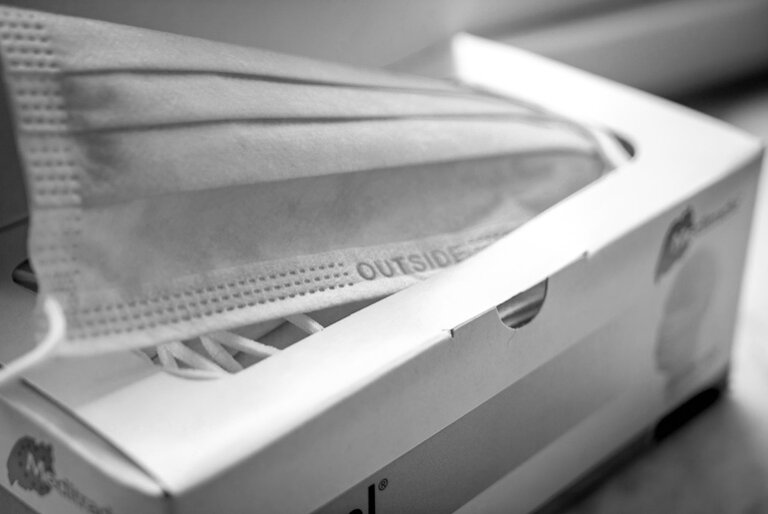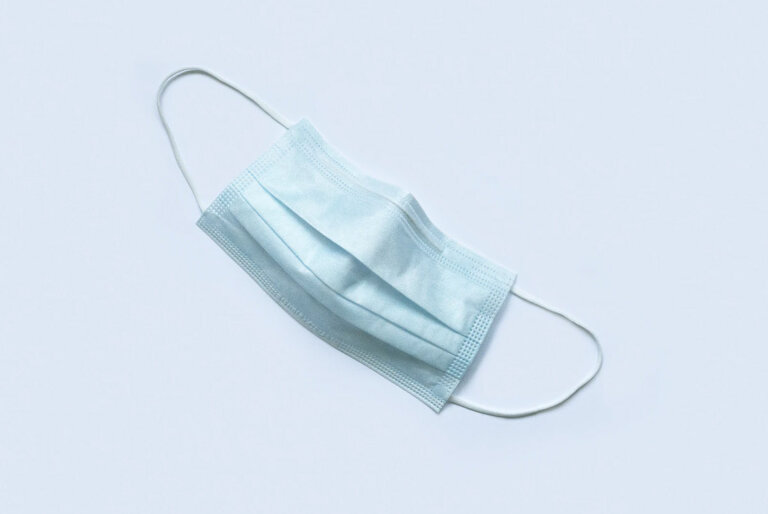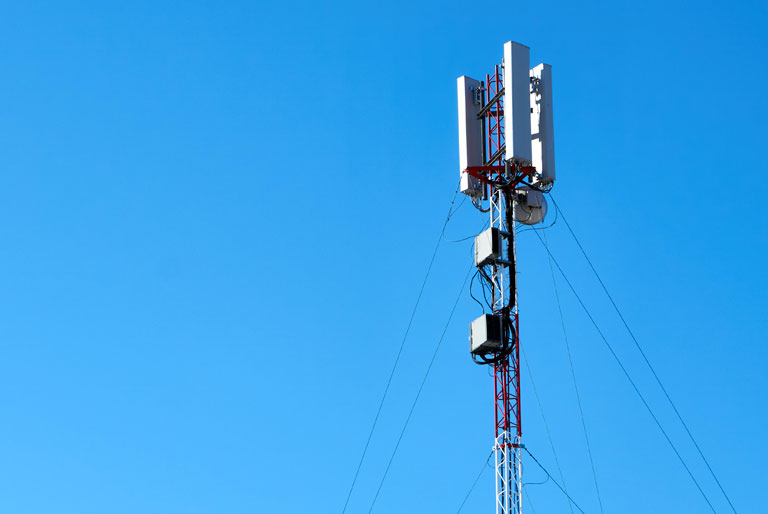The Inter-Agency Task Force for the Management of Emerging Infectious Diseases (IATF-EID) has decided to place NCR on Alert Level 3 from January 3 to 15. The measure was put into place to stem the increase of the COVID 19 infections in the country.
In this article, we listed the things you can do, the restrictions, and what’s allowed during Alert Level 3.
How we got here
In December 2021, the Philippines was already experiencing manageable daily COVID cases in the 200 to 500 range, with a low of 168 on December 21. But a combination of looser policies, a relaxed mindset, and increased gatherings brought about by the holidays, caused a huge jump in cases in the last three days with 889, 1623, and 2961. On January 1 and 2, 2022, the numbers increased further to 3617 and 4600, respectively.
Adding to the problem, a woman who arrived from the US, a country besieged by the COVID 19 virus, decided to sneak out of the quarantine to attend a party, which unsurprisingly became a spreader event when she tested positive.
Now, here we are at Alert Level 3. In case, like me, you forgot what’s allowed or not, these guidelines from DOH will help you through the next two weeks.
Rules on Travel
Intrazonal and interzonal travel is allowed, subject to reasonable restrictions determined by LGUs, as they see fit.
Those below 18 years of age and those belonging to the vulnerable population, are allowed to go out and buy or avail of essential goods and services, or for work in permitted industries and offices in accordance. Individual outdoor exercise is also allowed for all ages regardless of comorbidities or vaccination status.
Allowed Activites
Establishments and select activities can operate or proceed with a maximum of 30% indoor venue capacity for fully vaccinated individuals and 50% outdoor venue capacity. Provided, that all workers and employees of these establishments are fully vaccinated and Minimum Public Health Standards (MPHS) is strictly maintained. These are also subject reasonable restrictions determined by LGUs, as they see fit.
- Venues for meetings, incentives, conferences, and exhibitions;
- Permitted venues for social events such as parties, wedding receptions, engagement parties, wedding anniversaries, debut and birthday parties, family reunions, and bridal or baby showers;
- Visitor or tourist attractions such as libraries, archives, museums, galleries, exhibits, parks, plazas, public gardens, scenic viewpoints or overlooks, and the like;
- Amusement parks or theme parks;
- Recreational venues such as internet cafes, billiard halls, amusement arcades, bowling alleys, skating rinks, archery halls, swimming pools, and similar venues;
- Cinemas and movie houses;
- Limited face-to-face or in-person classes for higher education and for technical-vocational education and training;
- In-person religious gatherings; gatherings for necrological services, wakes, inurnment, and funerals for those who died of causes other than COVID-19 and for the cremains of the COVID-19 deceased;
- Licensure or entrance/qualifying examinations administered by their respective government agency, and specialty examinations authorized by the IATF subject to the health and safety guidelines as approved by the IATF;
- Dine-in services in food preparation establishments such as kiosks, commissaries, restaurants, and eateries, subject to DTI sector-specific protocols;
- Personal care establishments such as barbershops, hair spas, hair salons, and nail spas, and those offering aesthetic/cosmetic services or procedures, make-up services, salons, spas, reflexology, and other similar procedures including home service options, subject to the sector-specific protocols of the DTI;
- Fitness studios, gyms, and venues for non-contact exercise and sports, subject to DTI sector-specific protocols. Provided that patrons/clients and workers/employees wear face masks at all times and that no group activities are conducted; and
- Film, music, and television production, subject to the joint guidelines as may be issued by the DTI, DOLE, and the DOH.
ALSO READ: DOH Data Collect Dashboards enable real-time monitoring of COVID-19 response across the Philippines
Restrictions
The following establishments and/or activities are not allowed under Alert Level 3:
- Face to face or in-person classes for basic education, except those previously approved by the IATF and/or the Office of the President;
- Contact sports, except those conducted under a bubble-type setup as provided for under relevant guidelines adopted by the IATF, Games and Amusement Board, and Philippine Sports Commission, and approved by the LGU where such games shall be held;
- Funfairs/peryas and kid amusement industries such as playgrounds, playroom, and kiddie rides;
- Venues with live voice or wind-instrument performers and audiences such as in karaoke bars, clubs, concert halls, and theaters;
- Casinos, horse racing, cockfighting and operation of cockpits, lottery and betting shops, and other gaming establishments except as may be authorized by the IATF or the Office of the President
- Gatherings in residences with individuals not belonging to the same household.
Government Agencies
Government agencies are fully operational with at least 30% on-site capacity while applying work-from-home and other flexible work arrangements.
To stop the further spread of the COVID 19 virus, please consider getting vaccinated (if you aren’t yet) and staying at home if you do not need to go out. Do remember MPHS, such as avoiding crowded areas, practicing social distancing, wearing your mask, and washing your hands or use alcohol regularly.
Featured Image: Unsplash




